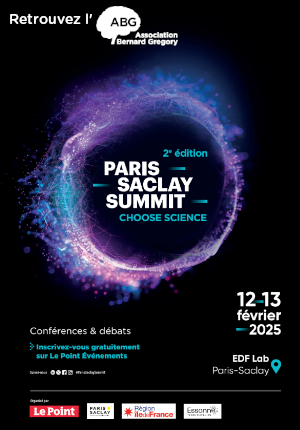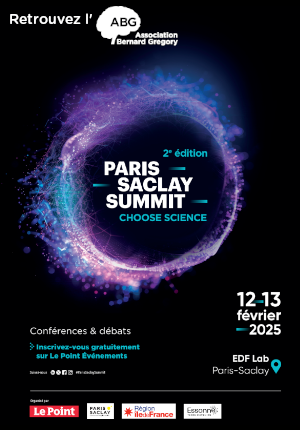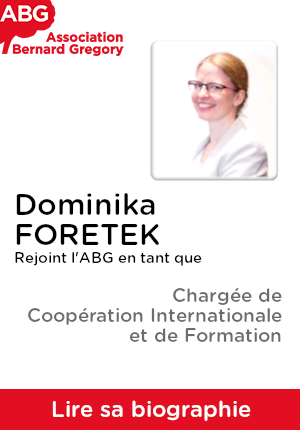Purification of aluminium alloys from scrap : Thermodynamic investigation and experimental validation
| ABG-128211 | Master internship | 6 months | 600€ |
| 2025-01-29 |
- Materials science
Employer organisation
Website :
L'UMR « Unité Matériaux Et Transformations » a été créée le 1er janvier 2010 sur la base de quatre anciens laboratoires lillois. Elle regroupe aujourd’hui une bonne partie des activités de science des matériaux sur le site du campus scientifique de l'Université de Lille. L’unité est composée d'environ 80 enseignants chercheurs et chercheurs CNRS, d'une quarantaine de personnels administratifs et de soutien à la recherche, d'une soixantaine d'étudiants en thèse, et d'une quinzaine de chercheurs contractuels et professeurs émérites.
Description
The aluminum industry and more specifically the aluminum production from ores (primary aluminum) is highly energy consuming and is responsible for 2% of the greenhouse gas emission. However, the need in aluminum will increase in the future as it will be needed for electrification thanks to its good conductivity or as structural material due its low density. That is why recycling aluminum, that requires only 5% of the energy required from producing primary aluminum, appears as an important shift to be made in order to reduce the impact of metal production. However, recycling aluminum from scrap is not that straightforward. Indeed, most of the aluminum is used in aluminum alloys, i.e. mixed with other chemical elements. Additionally, the number of grades containing aluminum is very high which would require, as a recycling strategy, some efforts in the sorting step if one wants to use secondary aluminum for the same application it was primary made for. A possible recycling path is to purify the aluminum alloy, by extracting the alloying elements, which is challenging as, in aluminum alloys, many elements stay in the liquid metal during re-melting and do not partition into the slag or as vapour.
To tackle this challenge, this project intends to explore a semi-liquid recycling path where the partitioning of chemical elements in between the liquid and solid phases during solidification will be used to purify the alloy. Thermodynamics of equilibrium and of solidification can help to determine the best solidification conditions to do so. The properties (physical or chemical) differences between the phases can then be used to physically separate the phases.
In this internship, the student will investigate from thermodynamics the best conditions to be chosen to separate the liquid and solid phases, with the highest percentage of aluminum in the phase to maximize purification. Concomitantly, the student will investigate through literature review the technical possibilities to separate the phases during the semi-solidification process. Finally, the student will test some of the experimental set-up to separate the phases.
There is a possibility to pursue into a PhD thesis.
Profile
Degree: MSc or MTech in Physics, Chemistry or Material Sciences.
Skills: interest in metals, recycling, thermodynamic analysis, foundry, and experimental characterization, rigor, autonomy, ability to work within a multi-disciplinary team.
Starting date
Vous avez déjà un compte ?
Nouvel utilisateur ?
Get ABG’s monthly newsletters including news, job offers, grants & fellowships and a selection of relevant events…
Discover our members
 MabDesign
MabDesign  Institut Sup'biotech de Paris
Institut Sup'biotech de Paris  MabDesign
MabDesign  CASDEN
CASDEN  Tecknowmetrix
Tecknowmetrix  Laboratoire National de Métrologie et d'Essais - LNE
Laboratoire National de Métrologie et d'Essais - LNE  PhDOOC
PhDOOC  TotalEnergies
TotalEnergies  ADEME
ADEME  Institut de Radioprotection et de Sureté Nucléaire - IRSN - Siège
Institut de Radioprotection et de Sureté Nucléaire - IRSN - Siège  Généthon
Généthon  Groupe AFNOR - Association française de normalisation
Groupe AFNOR - Association française de normalisation  CESI
CESI  Aérocentre, Pôle d'excellence régional
Aérocentre, Pôle d'excellence régional  Nokia Bell Labs France
Nokia Bell Labs France  ONERA - The French Aerospace Lab
ONERA - The French Aerospace Lab  SUEZ
SUEZ  Ifremer
Ifremer  ANRT
ANRT







